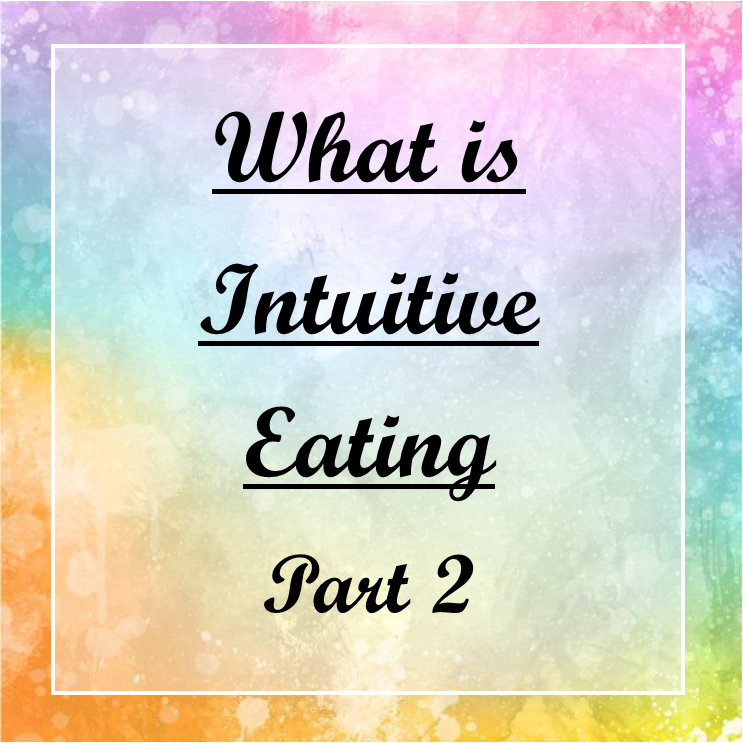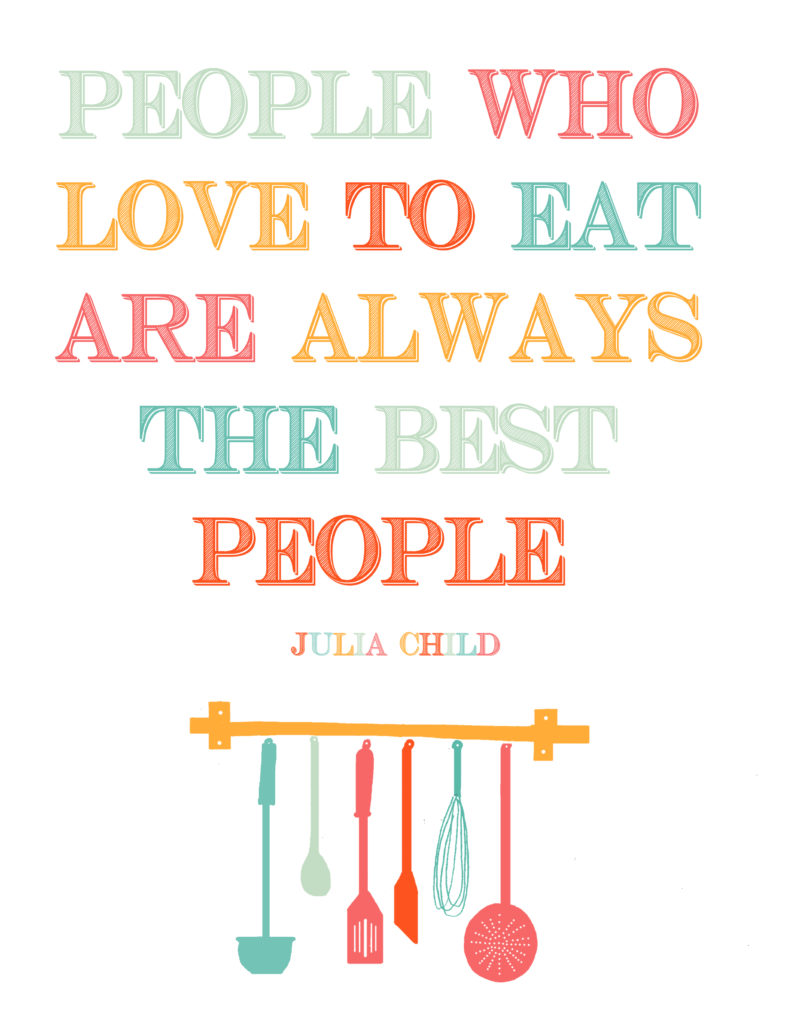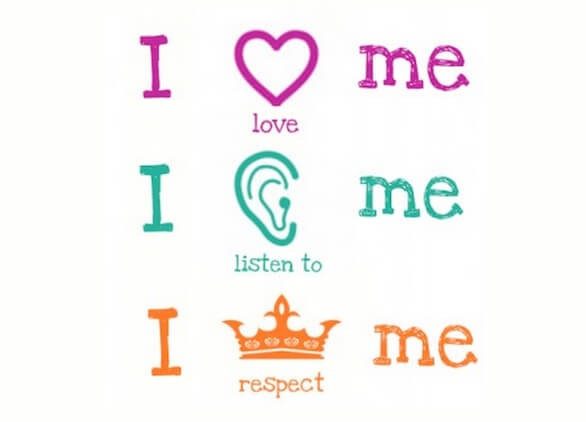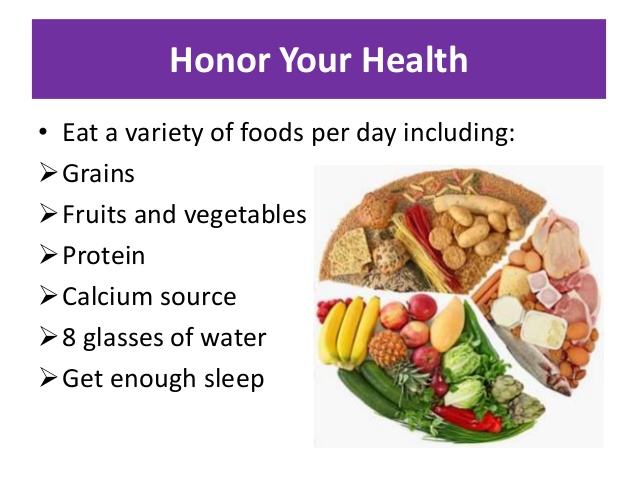Five More Principles of Intuitive Eating (Part 2)

In my previous post a couple of weeks ago I discussed what Intuitive Eating is and what the benefits are. I encourage you to read that post along with this one to help you get a good understanding of the major principles of what it means to eat intuitively.
Basically it refers to an eating choice where you are in complete charge of the why, the when, the what, the how and the how much you eat. The term “Intuitive Eating” was coined by authors and dietitians, Evilyn Tribole and Elyse Resch in their very informative book by the same title. More information about how to get a copy of the book is available at the end of this post. They created ten principles that define what it means to be an intuitive eater. In addition they recently released “The Intuitive Eating Workbook” which guides the reader through very thoughtful questions about how to make peace with food. You don’t need to have read the first book to get a lot out of this workbook. I highly recommend it.
I reviewed the first five principles of Intuitive Eating in my previous post, but to summarize I’ll list them here:
- Reject the Diet Mentality
- Honor Your Hunger
- Make Peace with Food
- Challenge the Food Police
- Respect Your Hunger
You can tell just by reading these phrases how powerful this eating pattern is. You are in charge, not an external weight loss diet plan or suggestion from a friend or TV commercial or even a doctor. Although they may be well meaning only you can identify and obey your natural signals of hunger and fullness. No more voices in your head telling you that you’ve failed if you eat a food that might not be as healthy as another. It’s your body; it’s your choice.
The journey toward a healthier relationship with food continues with these next Five Principles of Intuitive Eating.
Five More Principles of Intuitive Eating
 6. Discover the Satisfaction Factor There is much to be learned from other cultures in the world about relationships with food. The Japanese, for example, have the wisdom to promote pleasure as one of their goals of healthy living. In our fury to be thin and healthy, we often overlook one of the most basic gifts of existence–the pleasure and satisfaction that can be found in the eating experience. When you eat what you really want, in an environment that is inviting and conducive, the pleasure you derive will be a powerful force in helping you feel satisfied and content. By providing this experience for yourself, you will find that it takes much less food to decide you’ve had “enough”.
6. Discover the Satisfaction Factor There is much to be learned from other cultures in the world about relationships with food. The Japanese, for example, have the wisdom to promote pleasure as one of their goals of healthy living. In our fury to be thin and healthy, we often overlook one of the most basic gifts of existence–the pleasure and satisfaction that can be found in the eating experience. When you eat what you really want, in an environment that is inviting and conducive, the pleasure you derive will be a powerful force in helping you feel satisfied and content. By providing this experience for yourself, you will find that it takes much less food to decide you’ve had “enough”.

7. Honor Your Feelings Without Using Food Find ways to comfort , nurture, distract, and resolve your issues without using food. Anxiety, loneliness, boredom, anger are emotions we all experience throughout life. Each has its own trigger, and each has its own appeasement. Food won’t fix any of these feelings. It may comfort for the short term, distract from the pain, or even numb you into a food hangover. But food won’t solve the problem. If anything, eating for an emotional hunger will only make you feel worse in the long run. You’ll ultimately have to deal with the source of the emotion, as well as the discomfort of overeating.

8. Respect Your Body Accept your genetic blueprint. Just as a person with a shoe size of eight would not expect to realistically squeeze into a size six, it is equally as futile (and uncomfortable) to have the same expectation with body size. But mostly, respect your body, so you can feel better about who you are. It’s hard to reject the diet mentality if you are unrealistic and overly critical about your body shape.

9. Exercise–Feel the Difference Forget militant exercise. Just get active and feel the difference. Shift your focus to how it feels to move your body, rather than the calorie burning effect of exercise. If you focus on how you feel from working out, such as energized, it can make the difference between rolling out of bed for a brisk morning walk or hitting the snooze alarm. If when you wake up, your only goal is to lose weight, it’s usually not a motivating factor in that moment of time.

10 Honor Your Health–Make food choices that honor your health and tastebuds while making you feel well. Remember that you don’t have to eat a perfect diet to be healthy. You will not suddenly get a nutrient deficiency or gain weight from one snack, one meal, or one day of eating. It’s what you eat consistently over time that matters, progress not perfection is what counts.
Links to purchase the book and workbook here:



